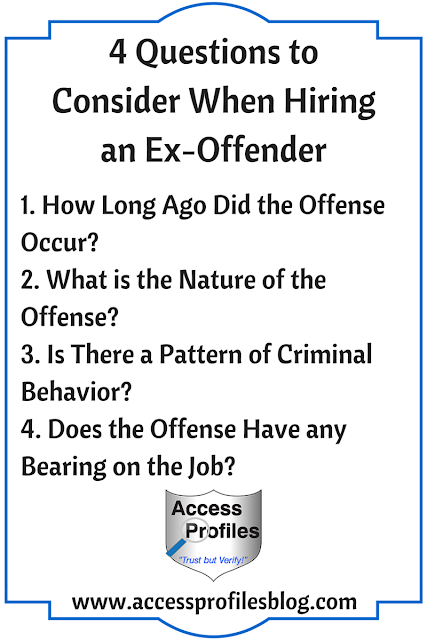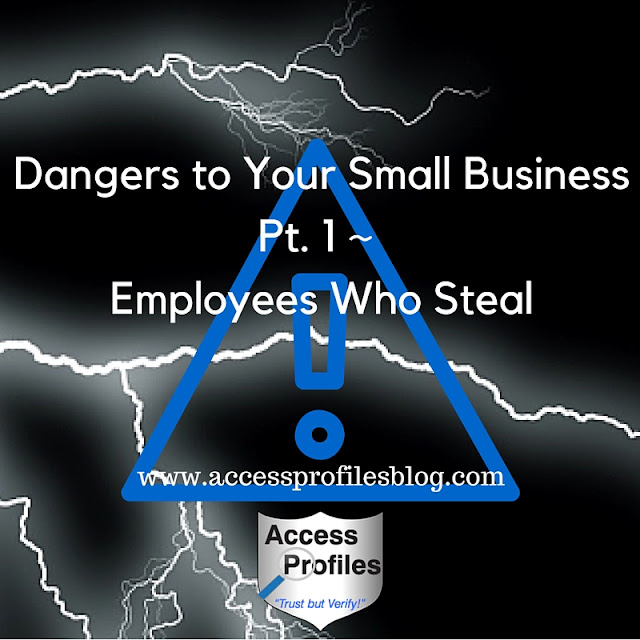
Online Background checks have their place!
Using them as a “jumping off” point to your employment background check can yield some valuable information. For example, you may discover places where your subject has lived and worked that were not mentioned on their application or resume.
But, for us, it stops there.
Using the results of these “instant” checks exclusively to help you hire is not only unwise, it is bad business!
In fact, the majority of these online sites actually have a disclaimer that the results should not be used to determine employment.
So why would you take the risk?
Instead, it is crucial that if you have opted for an online, “instant”, search on your applicant, then you need to follow-up with that all important Second Step ~ additional verification!
Additional verification is the key “to ensuring you get accurate and up-to-date information on the subject of your search.
Checking any information found through a database search against real court records is crucial. It is truly the single best way to determine whether any criminal record found actually belongs to your subject.
It will also help you determine whether the record is complete. A good record should contain details of the charges, final disposition, and sentence. If no disposition is listed, then you will be able to determine if it is an active case where no disposition is yet recorded.
Databases may also not contain all the information you need. There are counties that either do not report their case information in a timely manner or not at all. That can result in major holes in your report”, excerpt from “Don’t be Fooled ~ Why You need to Know what is Missing from Your Online Search”!
Using inaccurate or incomplete information to make your employment decision is not only unfair to your applicant, it can hurt your company!
Relying solely on these online searches for your background check can have serious consequences for your business.
3 Top Dangers of Online Background Checks:
Inaccurate Information - Online checks can include information that doesn’t really belong to your applicant. Common names and a lack of identifiers included in the report (full name, date of birth, SSN) can cause problems when trying to conclusively match them to your applicant. Even the inclusion of legally expunged records is an issue. Many databases are not updated frequently enough to remove these types of records.Missing Information - Many online checks are incomplete. They often contain no final disposition when it comes to criminal cases. And relying on arrests only when it comes to making a hiring decision is unwise. The case may have been dismissed or the person found not guilty. In addition, not all criminal cases are even included in these online databases. This may lead you to hire without all the facts.
Potential Lawsuits - Solely relying on online databases to make your hiring decisions can open you up to potential litigation. Any inaccurate or incomplete records used can be the basis of a future lawsuit from the rejected applicant or even the Equal Employment Opportunity Commission (EEOC)!

Go to the Source before Making Your Hiring Decisions! “Tweet This”!
The best advice is to make no hiring decision before you Go to the Source!
Taking this extra step will ensure you get the best information possible from your employment background check to help you hire safely and effectively!
And API can Help! Contact Us for more information on our Background Investigation services and how they can help You and Your Business!
Authored by

We also invite you to discover what
Our Happy Clients have to say.



















